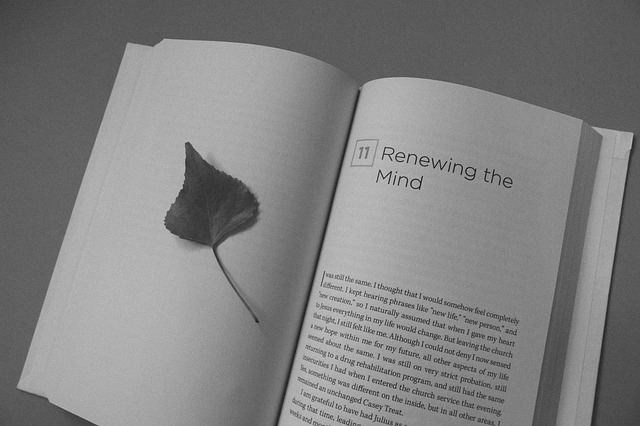This week, as ever, we are eager to share stories from around the globe. Today we’re checking in with Podcast Editor Layla Benitez-James in Spain, Editor-at-Large Naheed Patel in Bangladesh, and Assistant Managing Editor Janani Ganesan in India.
And don’t forget to check out our Fall 2016 issue here!
First, we drop in on Layla Benitez-James, Podcast Editor, with the scoop on Spain:
2016 marked the 400th Anniversary of Cervantes’s Death, but much of the Spanish public felt more time was moving in between their two rounds of inconclusive elections, so much so that they decided to avoid a third one, projected over Christmas, and are able now to focus on their budding literary scene. In Madrid, the Prado Museum is making history in the visual arts with a show dedicated to the art of painter Clara Peeters. She will be the first female artist with her own show in the museum’s two-hundred-year history.
In another surprise turn, Spain’s major poetry festival in the city of Córdoba, Cosmopoética, celebrated its lucky thirteenth iteration from September 25 through October 8. The theme this year was Dada and the festival welcomed international and homegrown writers alike, such as Julieta Valero, Fani Papageorgiou, and Chantal Maillard.
While Spain harbors many fans of Bob Dylan, a good deal of the Spanish literary community was puzzled by the Nobel Prize news. Some, however, took the announcement with great humor, imagining the messages between the silent winner and an increasingly desperate Swedish Academy. READ MORE…




Borges, the Quixote, and Two Street Markets
The author of "The Antiquarian" tackles Borges, contextual understanding… and the singular joys of book shopping
The first time I read “Pierre Menard, author of the Quixote,” I was seventeen and in my freshman year in college in Lima. As anyone who reads Borges for the first time, I was dazzled by the story of a fictional French writer who, at the beginning of the twentieth century, wants to write once again, without plagiarizing or recovering it from memory, Cervantes’s Don Quixote. The most memorable passage of the story comes when the narrator, a friend of Menard’s, and very likely a French fascist, analyzes one paragraph from the novel in two different ways. First, assuming that Cervantes is the author, he concludes that the paragraph is rhetorical and verbose, when written by a seventeenth-century Spaniard. Later, assuming the author is Pierre Menard, a contemporary right-wing surrealist poet, he finds that the same words are fantastically counterintuitive and herald a new form of understanding the world. Since the narrator is a fascist, one suspects that his interpretation is an overinterpretation, the grotesque imposition of ideas that were not there in the original text.
READ MORE…
Contributor:- Gustavo Faverón Patriau
; Writers: - Gustavo Faverón Patriau
, - Jorge Luis Borges
; Tags: - Antiquarian
, - borges
, - Cervantes
, - commentary
, - fascism
, - Grove Atlantic
, - Gustavo Faverón Patriau
, - Latin America
, - Peru
, - Pierre Menard
, - Quixote
, - The Library of Babel